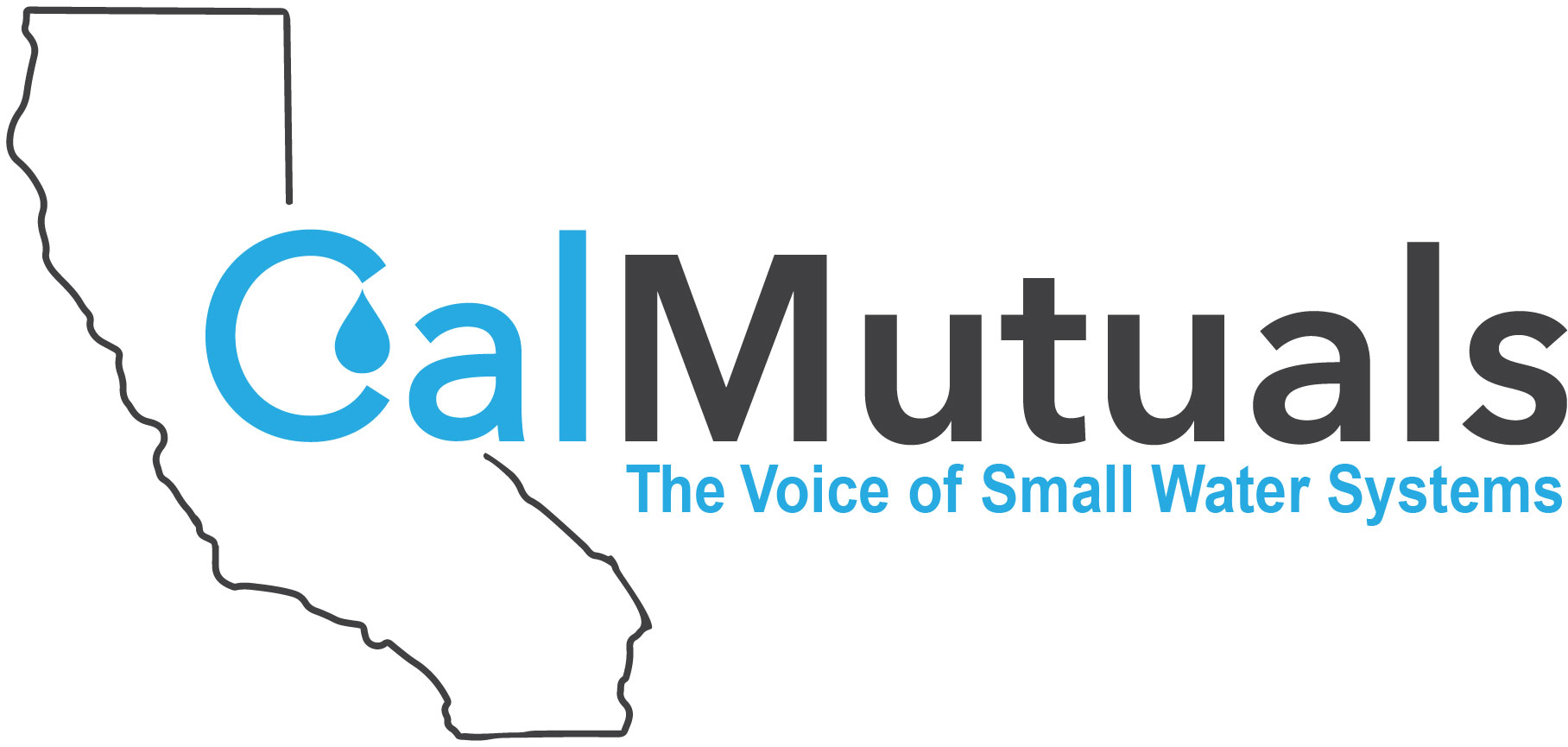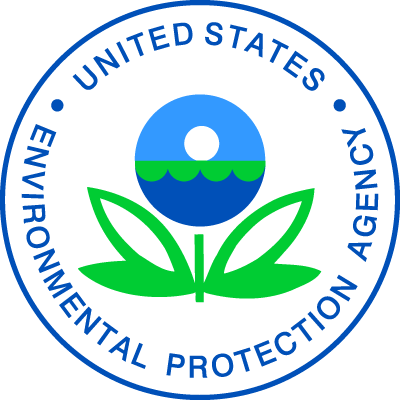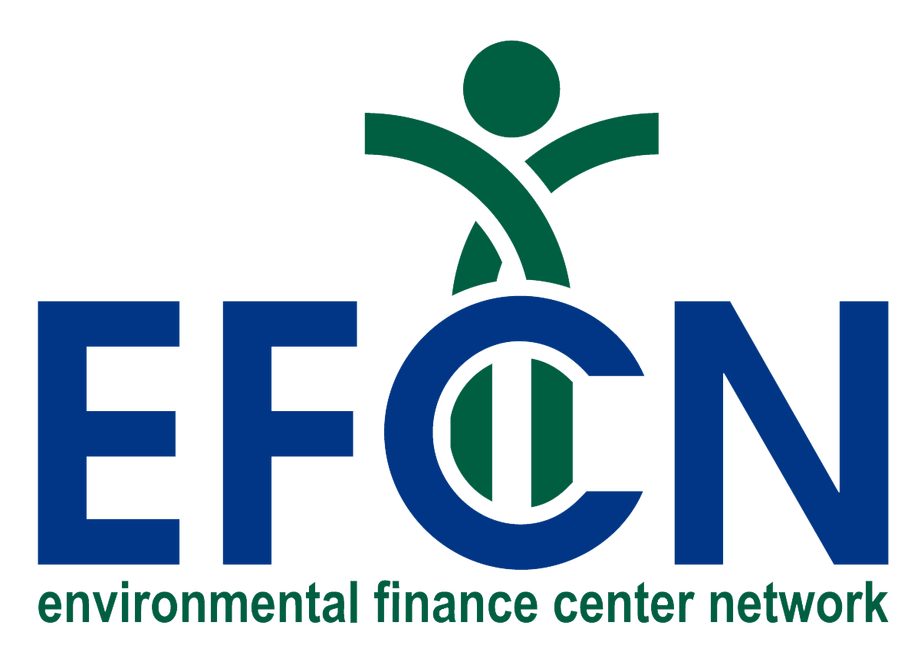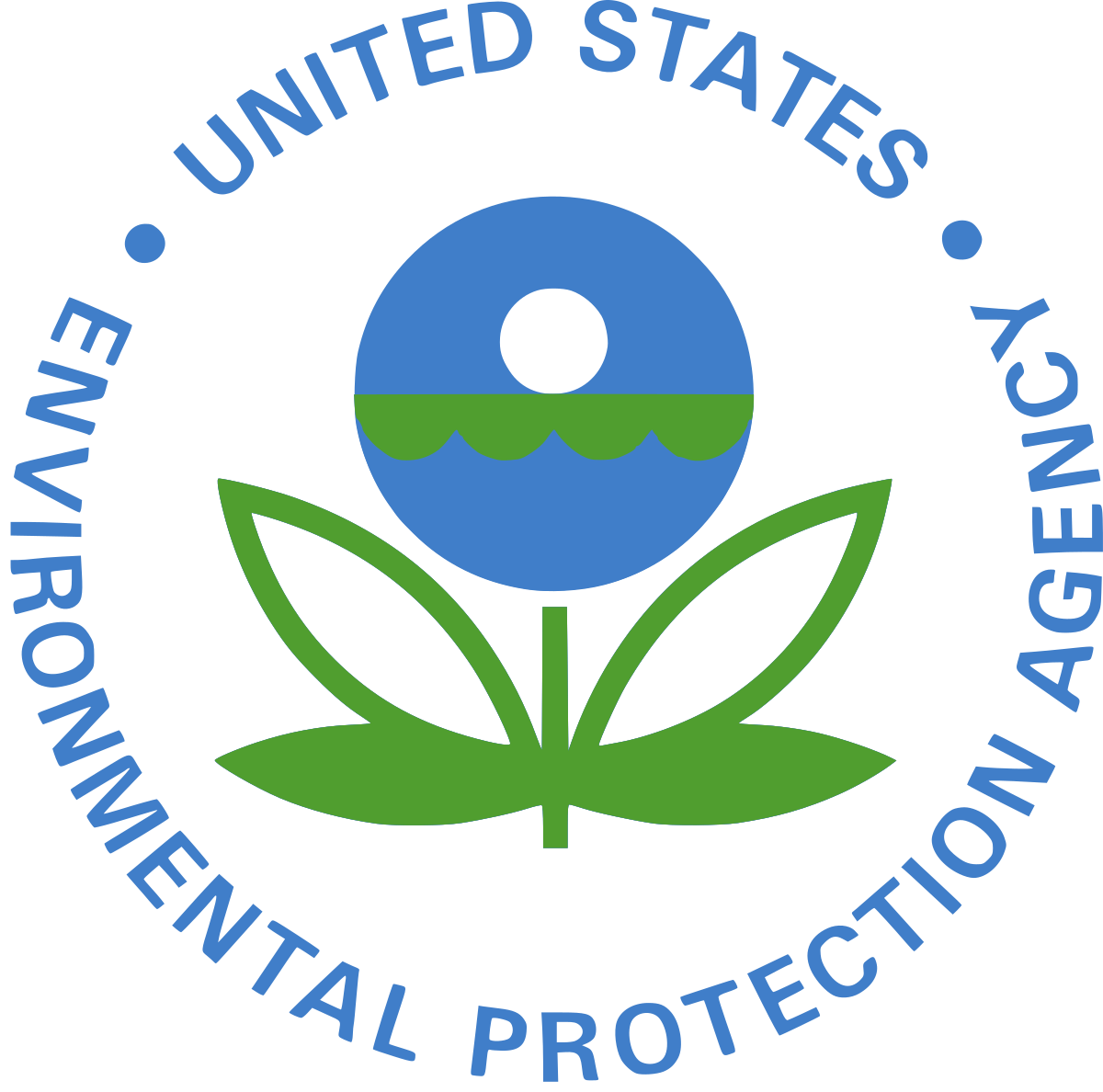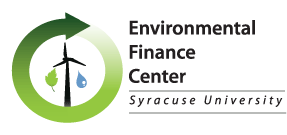
Webinar | Understanding Harmful Algal Blooms and Water Supply: A Primer for Municipal and Water Utility Staff
Harmful Algal Blooms, or HABs, occur in water bodies across the United States and can result in negative impacts to drinking water, local business, and community recreation opportunities. In this webinar, you will learn how to recognize a harmful algal bloom and the underlying causes, as well as receive a brief overview of watershed management strategies aimed at preventing HABs. Additionally, you will hear lessons learned from New York State experts in HABs monitoring and key takeaways for local governments and drinking water utilities. Presenters: Nick Willis, Program Manager, Wichita State University EFC and Aimee Clinkhammer, Watershed Coordinator, Finger Lakes Water Hub, New York State Department of Environmental Conservation
